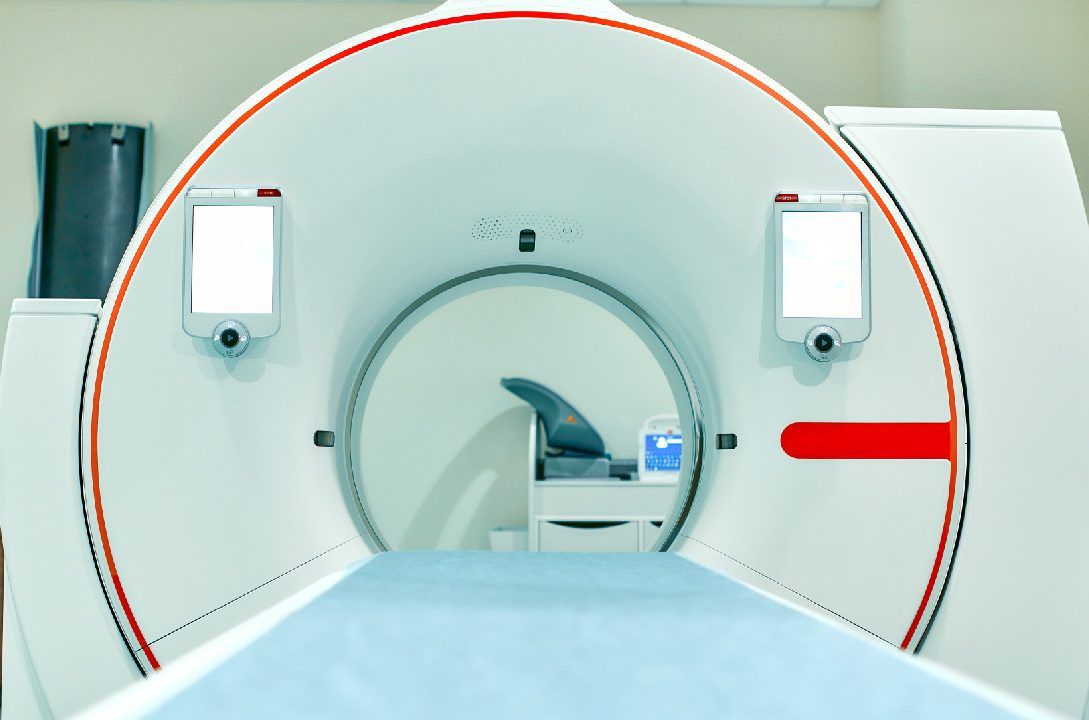The healthcare industry is constantly evolving, driven by advancements in technology, shifting demographics, and changing patient needs. From cutting-edge innovations to new approaches in patient care, healthcare trends are shaping the way medical services are delivered, improving outcomes, and enhancing the overall healthcare experience.
In this blog post, we will explore some of the key trends that are revolutionizing the healthcare landscape and transforming the future of medical services.
- Telehealth and Remote Patient Monitoring: Telehealth has gained significant momentum in recent years, and its adoption has accelerated even further in the wake of the COVID-19 pandemic. Virtual consultations, remote patient monitoring, and telemedicine platforms enable healthcare providers to deliver care and monitor patients remotely. This trend not only improves access to healthcare, particularly for individuals in remote areas, but also reduces the burden on healthcare facilities, enhances convenience, and allows for early detection of health issues.
- Artificial Intelligence (AI) and Machine Learning (ML): AI and ML technologies are revolutionizing healthcare in numerous ways. From diagnosing diseases to developing personalized treatment plans, AI and ML algorithms analyze vast amounts of medical data to provide accurate and timely insights. These technologies can assist healthcare professionals in decision-making, optimize workflows, and improve patient outcomes. AI-powered chatbots and virtual assistants are also enhancing patient engagement, providing 24/7 support, and answering common medical queries.
- Precision Medicine and Genomics: Precision medicine focuses on tailoring medical treatment to individual patients based on their genetic makeup, lifestyle, and environmental factors. Genomic research and advancements in DNA sequencing have facilitated the identification of genetic markers for diseases, enabling early detection and targeted therapies. With precision medicine, healthcare providers can deliver personalized treatments that are more effective, reduce adverse reactions, and improve patient satisfaction.
- Internet of Medical Things (IoMT): The IoMT refers to the network of medical devices, wearables, and sensors connected to the internet, collecting and exchanging patient data in real time. This connectivity enables healthcare professionals to monitor patients remotely, track vital signs, and detect anomalies. IoMT devices also empower patients to actively participate in their own healthcare, promoting preventive care and wellness management. However, data security and privacy remain critical considerations in the implementation of IoMT solutions.
- Health Data Analytics: The abundance of healthcare data generated by electronic health records, wearables, and other sources presents an opportunity for data-driven insights. Health data analytics leverages tools and techniques to extract valuable information from these vast datasets, aiding in population health management, predicting disease outbreaks, and identifying trends in patient care. Data analytics enables healthcare organizations to make informed decisions, improve operational efficiency, and enhance patient outcomes.
Conclusion
The healthcare industry is undergoing a significant transformation, driven by emerging technologies and evolving patient expectations. Telehealth, AI, precision medicine, IoMT, and health data analytics are just a few examples of the transformative trends shaping the future of medical services. Embracing these trends offers the potential to improve access to healthcare, enhance patient outcomes, and optimize healthcare delivery. However, it is crucial to address challenges related to data security, regulatory compliance, and equitable access to technology to ensure the successful implementation of these trends. By staying at the forefront of healthcare innovations, healthcare providers can harness the power of these trends and build a more efficient, patient-centric healthcare ecosystem.
Related Posts:
Get Started with a free 15 -day trial
No credit card required for Trial Plan
Continue using starter plan for free forever, after trial or upgrade to Premium Subscription






